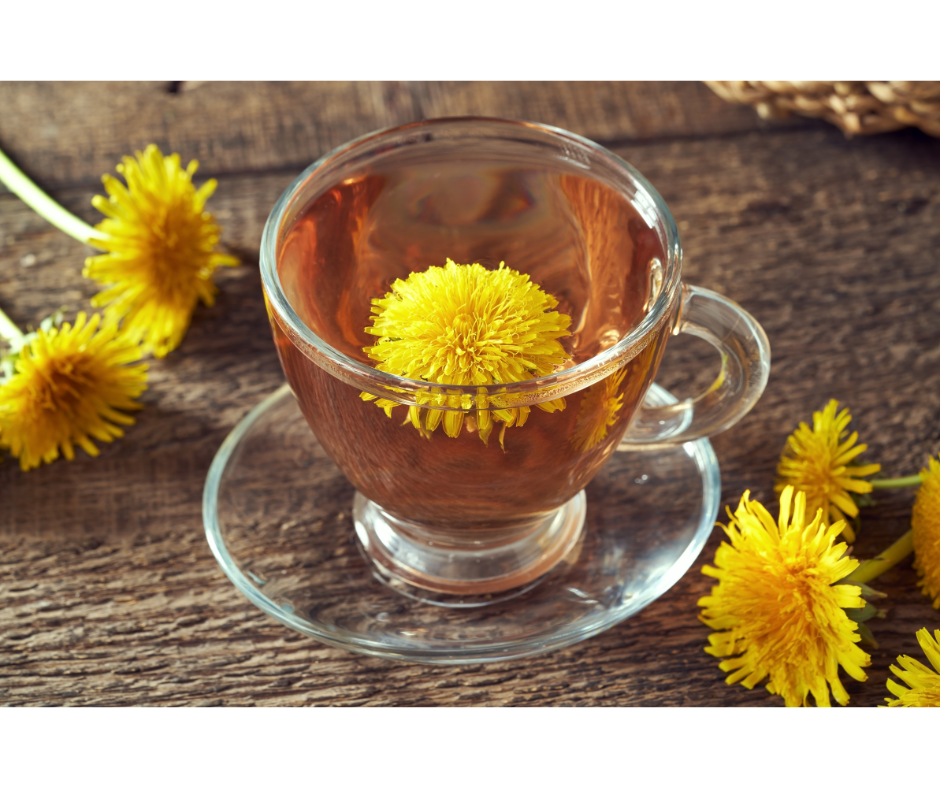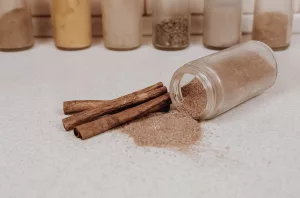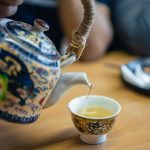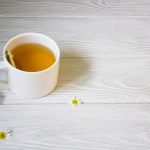Dandelion is merely an invasive weed that must be eradicated. Or aren’t they? Have you tried Dandelion tea before? This beautiful wildflower is more complex than it appears at first glance.
The dandelion is a very common plant throughout North America, and the vast majority of people are able to identify it just by looking at it. This plant can thrive in areas with less sunlight than would normally be ideal for most others.
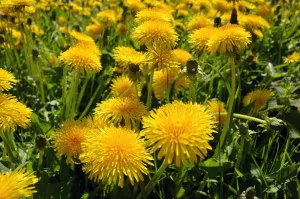
Dandelion tea can be made from the flowers, leaf, or root of the dandelion plant. Vitamins and minerals can be found in abundance in dandelions. But what makes dandelions so powerful can be dangerous for those with preexisting conditions.
If you enjoy the aroma and flavor of coffee but can’t handle the caffeine, dandelion tea may be a good alternative. The dandelion root, with its dark hue and rich, smoky flavor, is often compared to coffee; however, the leaves and stem, when brewed, produce a lighter, floral flavor.
In addition to providing a healthy boost, this herbal tea can be used in a variety of ways, as you can see. Let’s find out more about the benefits of dandelion tea.
Natural Benefits of Dandelion Tea
1. It might help prevent infections of the urinary tract
Dandelion roots and leaves, when combined with another herb called uva ursi, may help prevent urinary infections. Because uva ursi contains antibacterial compounds and dandelion causes people to urinate more frequently, it is thought that the two work well together.
2. It can be used as a diuretic
Dandelion tea has diuretic properties and may help alleviate bloating by increasing urine production. In most people, increasing their fluid intake of any kind of beverage will cause them to release more fluid because the kidneys regulate the body’s water content. To what extent dandelion actually helps the kidneys release more water to alleviate bloating and discomfort is unclear.
3. It May Help to Maintain a Healthy Liver
In traditional medicine, dandelion root is considered a “liver tonic.” An increase in bile flow may be one reason for this, according to preliminary research. According to naturopaths, this means that dandelion root tea may be useful for liver detoxification, skin and eye issues, and reducing the discomfort of liver disease. It is possible that the polysaccharides in dandelion improve liver health.
4. Drinking Dandelion Tea Could Ease Your Digestive Problems
Although much of the evidence is anecdotal, drinking dandelion root tea has been reported to have a number of beneficial effects on the digestive system. It has a long history of use as an appetite enhancer, digestive aid, and potential constipation remedy.
5. Lowering cholesterol levels
An animal study published in 2012 found that dandelion helped lower cholesterol. The medical term for elevated cholesterol and other lipids in the blood is hyperlipidemia. Dandelion extract may hinder fat digestion by blocking pancreatic lipase, theorists say. Limiting the activity of this enzyme may alter fat absorption in the body. However, human studies have not shown this to be the case.
6. It has anti-inflammatory effects
Numerous natural anti-inflammatory and antioxidant compounds have been found in various parts of the dandelion plant. Dandelion tea’s anti-inflammatory properties make it a potentially useful treatment for a wide range of health problems.
In place of caffeinated coffee or tea, dandelion tea can be a healthy and delicious option. Dandelion tea is easy to make at home if you can’t find it in stores. If you want to make dandelion tea from freshly picked flowers, you should pick them from a spot where no harmful chemicals have been used.
Dandelion tea may interact negatively with diuretic medication, medication for the kidneys, and certain antibiotics, so those taking these drugs should use caution if they drink dandelion tea. Always get your doctor’s okay first.
Disclaimer: This is for informational purposes only.
Did you find this helpful? Let us know in the comments.
Source: Healthline
You can also visit our Facebook and YouTube pages to know more about plants and their health benefits.
You might also like:

